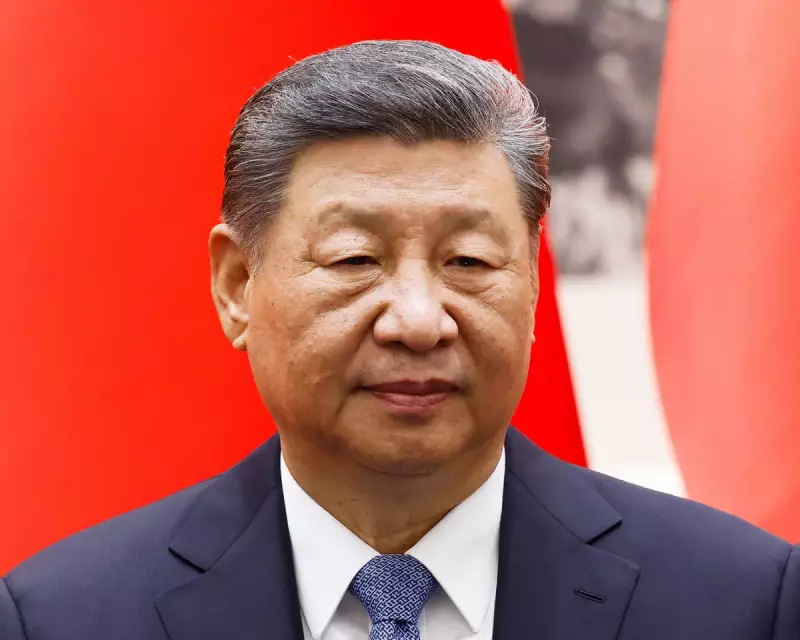
Chinese President Xi Jinping has firmly reiterated Beijing's position on Taiwan during a significant phone conversation with US counterpart Donald Trump, emphasising that the island's return to China remains a fundamental aspect of the post-war international order.
The Core Taiwan Discussion
During Monday's call, President Xi stressed that Taiwan's reunification with China represents an integral component of the international framework established after World War II, according to statements from China's foreign ministry. The Chinese leader referenced the joint US-China efforts against fascism and militarism that helped shape the current global system.
China maintains its longstanding position that Taiwan constitutes part of its territory and has repeatedly vowed to achieve reunification, using military force if necessary. The timing of this diplomatic exchange comes amid escalating tensions surrounding the self-governing island.
Broader Diplomatic Context and Trade Developments
The conversation between the two leaders extended beyond Taiwan to address multiple pressing international issues. Both sides discussed the ongoing conflict in Ukraine, with Xi expressing support for efforts to end the nearly four-year war.
The call also served as a follow-up to their October meeting in South Korea, which marked their first face-to-face discussions since 2019. That encounter produced a fragile trade truce between the world's two largest economies, and both leaders emphasised the importance of maintaining this positive momentum.
The tentative trade agreement reached in October included significant commitments from both nations. China agreed to suspend certain export restrictions on critical minerals for one year, while the United States pledged to reduce tariffs on Chinese products. Additionally, Beijing committed to purchasing substantial quantities of American soybeans - at least 12 million metric tons by year's end and 25 million metric tons in 2026.
Regional Tensions and International Reactions
The Taiwan discussion occurs against a backdrop of heightened regional diplomacy. China has been engaged in a weeks-long diplomatic dispute with Japan, a key US ally, triggered by comments from Japan's new Prime Minister Sanae Takaichi suggesting potential military intervention in any attack on Taiwan.
This diplomatic row has resulted in tangible economic and cultural consequences, including reduced Chinese tourism to Japan, bans on Japanese seafood imports, and cancellations of joint cultural events.
While the United States maintains no official recognition of Taiwan's statehood, Washington continues to serve as the island's most significant international partner and primary arms supplier. This positioning creates ongoing diplomatic complexities in US-China relations.
Interestingly, President Trump's public comments about the call on Truth Social made no mention of Taiwan, instead focusing on what he described as "extremely strong" relations between the United States and China. According to Chinese officials, however, Trump acknowledged understanding the importance of the Taiwan issue to China during their conversation.
Both leaders confirmed plans for reciprocal state visits, with Trump scheduled to travel to China in April and Xi expected to visit Washington later in 2026, though Beijing has yet to officially confirm these arrangements.
The continued dialogue between the two superpower leaders suggests a mutual interest in stabilising relations despite fundamental disagreements on key issues like Taiwan, with both sides expressing optimism about the current trajectory of their bilateral relationship.





